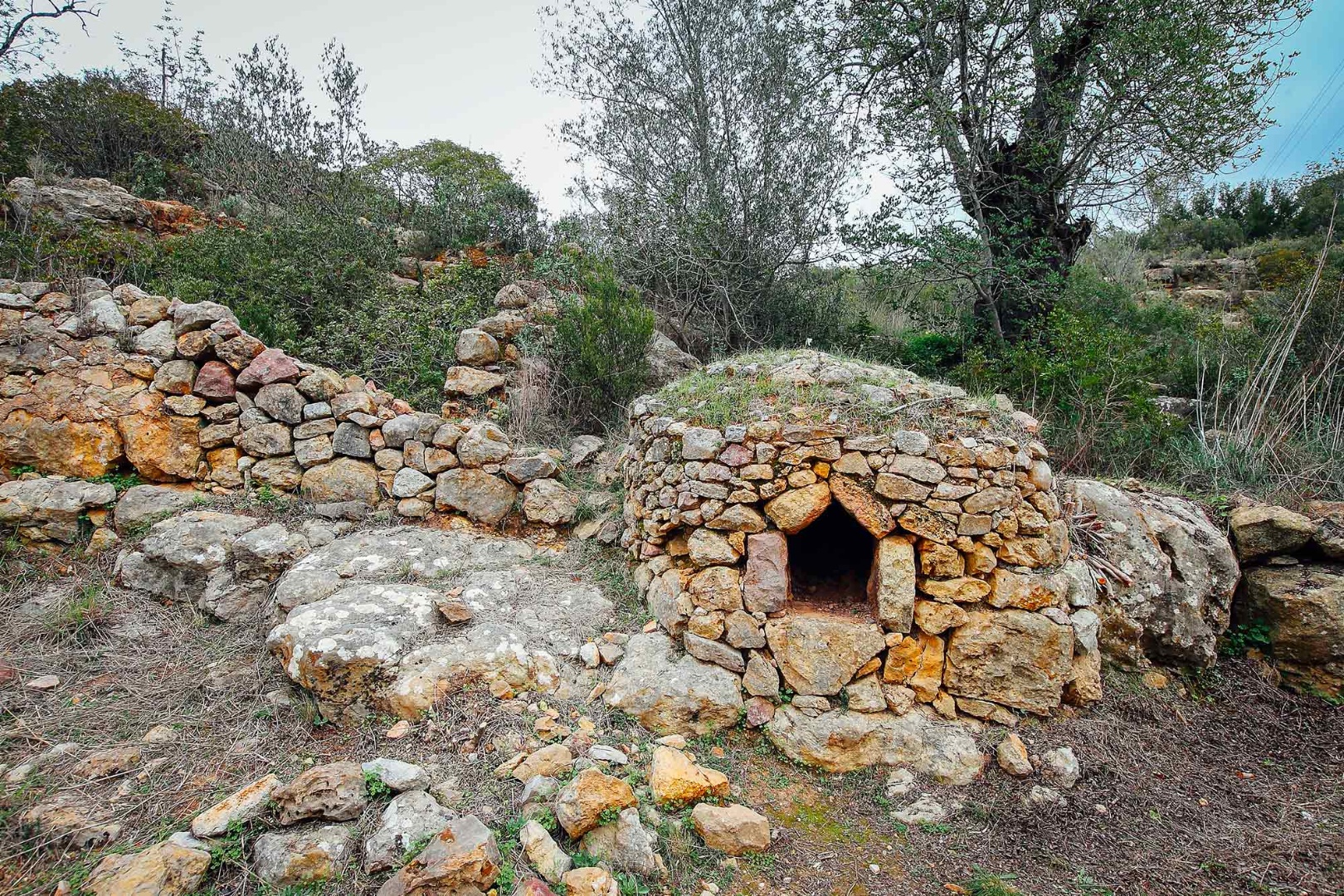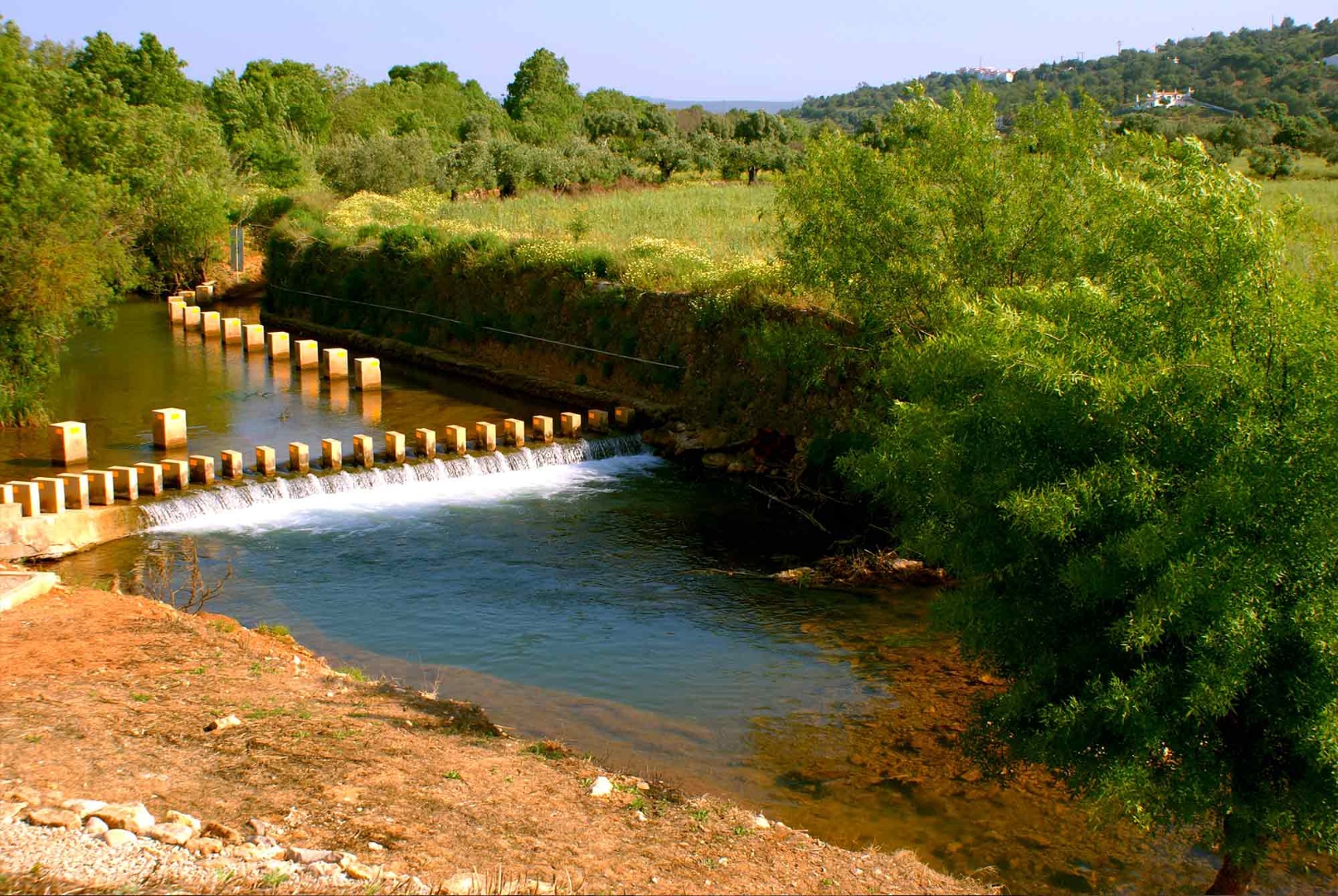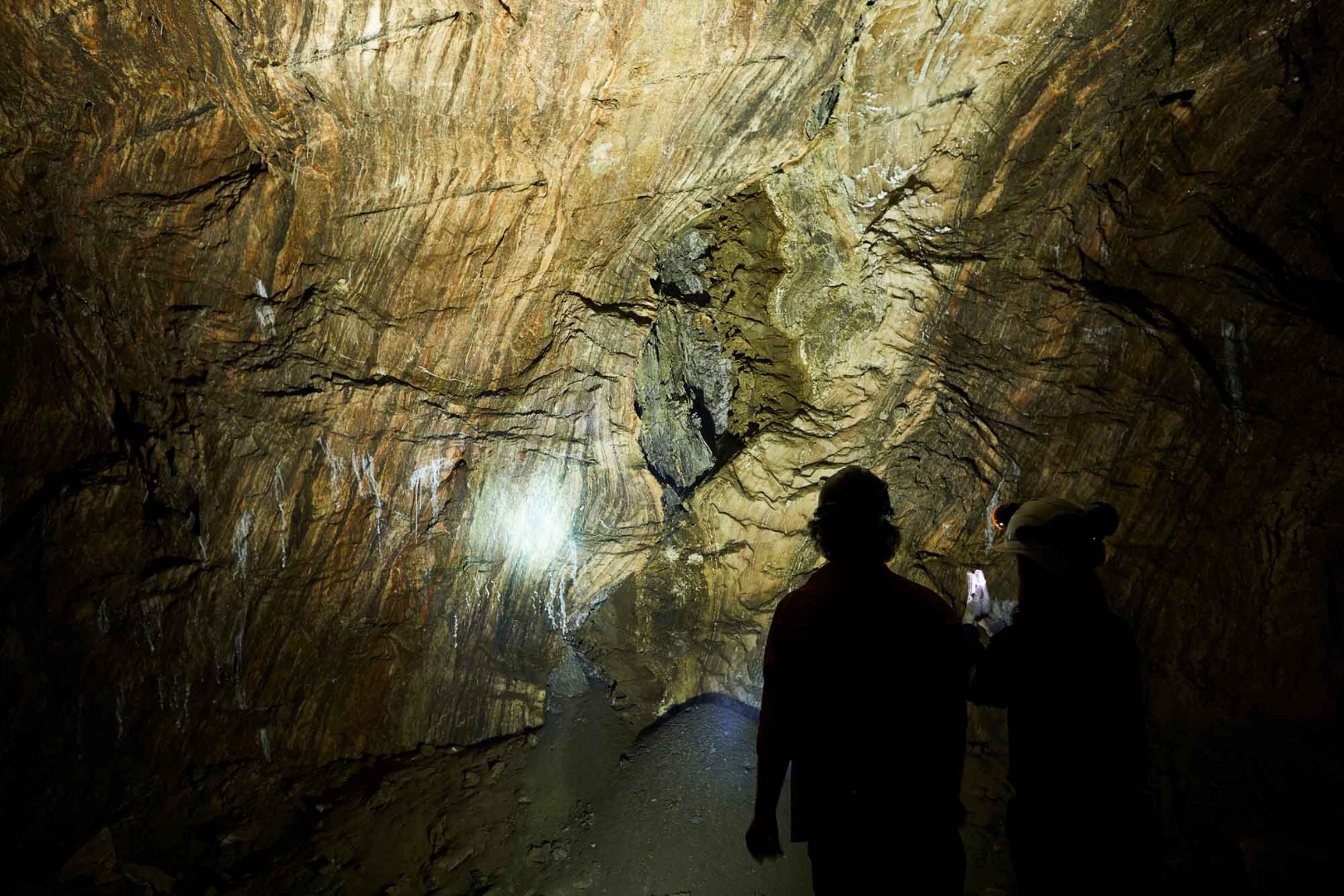University of Algarve, Portugal
A geopark that involves the communities to offer sustainable tourism based on local values: villages, gastronomy, handicrafts, hiking, mountain biking, bird watching and geology.
Region: Algarve
- RURAL LANDSCAPE AND VERNACULAR HERITAGE
- NATURAL AND GEOLOGICAL DIVERSITY
- NON-MASS CULTURAL AND NATURAL TOURISM
Type of organisation leading the larger local innovation ecosystem
Academia
The University of Algarve has a deep knowledge of the Algarve region, its landscape and heritage (natural/cultural) and tourism as the main economic activity of this region. It also has a privileged connection to governmental and non-governmental organizations and to the local community.
Main challenges related to cultural tourism
The Algarve region is the largest tourist destination in Portugal and currently in Europe. The central coastal region of the Algarve has been dominated since 1960 by sun/beach/golf tourism, similar to that found in southern European countries on the Mediterranean coast. This model has promoted a major economic, environmental, population and urban imbalance between coastal and inland areas. In the Algarve region, tourist activity is mostly located in the 20km closest to the coastline. For a better balance, it is necessary to develop a more diversified tourism (cultural and natural) to be more sustainable and promote greater involvement of the population
For Geopark Algarvensis Circular Cultural Tourism is an opportunity to develop a region, currently economically depressed, ensuring the preservation of its natural and cultural heritage and creating local opportunities and solutions for a sustainable tourism model.
Current strategic planning
The Geopark and the municipalities promote the dissemination of heritage, the discovery of the territory and organize creative tourism events. The main objective is to offer sustainable tourism based on local values - villages, gastronomy, handicrafts, hiking and mountain biking, bird watching and geology - and involving communities. National and municipal financial incentives are channelled towards creative handicrafts, gastronomic production and artistic, scientific and sports events
Ideas and future perspectives
Immersive experiences that promote the meeting of stakeholders (agrifood producers and artisans, environmental protection associations, tourist entrepreneurs and residents) with visitors to promote and enhance natural and cultural heritage (material and immaterial) and activation of the local economy. Reinforcement of the feeling of belonging to a community and territory based on the history and memory of places, through the creation of co-living and co-working opportunities..
Cultural heritage asset description
The Algarvensis Geopark
Algarvensis Geopark is an area that includes territory from three municipalities in the central region of the Algarve - Loulé, Albufeira and Silves. It is a rural region with a high landscape and agricultural value linked to Mediterranean culture. Possessing a geological heritage of great national and international relevance, it combines a geo-conservation strategy and a set of environmental education and awareness policies to the promotion of sustainable socioeconomic development based on geo-tourism activities, involving local communities, contributing to the valorisation and promotion of local products. This project aims to involve the local population in a strategy to diversify tourism which, especially in the municipalities of Loulé and Albufeira, is concentrated on the coastline, close to the sea.
Type of cultural heritage
- NATURAL
- INTANGIBLE
- RURAL
Specific goal related to the selected asset
The Geopark project is still at an early stage, and although there are some initiatives already implemented, they are isolated from each other, lacking the cohesion that would give unity and identity to the region and boost cultural tourism In this region, cultural tourism can be a way of balancing the asymmetries caused by traditional sun/beach/golf tourism.
Europeanisation: linkages between local heritage and European history and culture
In terms of landscape and cultural heritage, the region where the Geopark is located is an evidence of the rural landscapes of southern Europe express the European dimension of Mediterranean culture, deeply linked to the construction of European culture and history. The region is an accumulation of historical layers that begin with the natural values (geology, hydrology, fauna) expressed in the Geological Sites, the landscapes integrated in the National Network of Protected Areas, the areas belonging to the Natura 2000 Network and the paleontological records, among others.
European and international Cultural Heritage recognition(s)
- The Algarviensis Geopark is preparing the application to become a UNESCO Geopark, being officially a Geopark aspirant since 2019.
- It is an Observer Member in the Portuguese Geoparks Forum.
- The geopark region is also covered by the Mediterranean Diet and has several villages, such as Querença, Tor, Salir, among others, where agriculture and gastronomy are a showcase of the Mediterranean Diet. The Mediterranean Diet was distinguished by UNESCO in 2013 as Intangible Cultural Heritage of Humanity. The University of the Algarve is one of the partners in the defense and implementation of this heritage, and is currently organizing the 1st Congress of the Network of Higher Education Institutions for the Safeguarding of the Mediterranean Diet.



